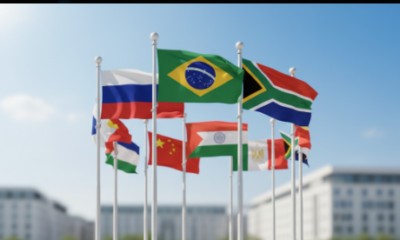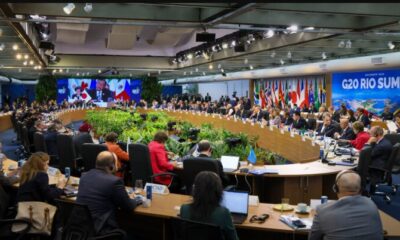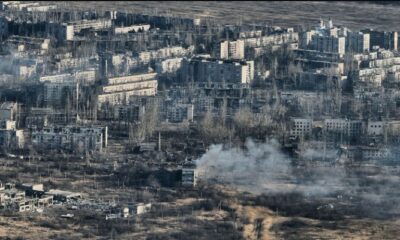World News
Trump Designates Iran’s Revolutionary Guard a Foreign Terrorist Group
-

 General News1 week ago
General News1 week agoLamine Yamal: The Teen Who’s Redefining Spanish Football
-

 Business News1 week ago
Business News1 week agoBRICS Expansion: New Members, Currency Dreams, and a Bold Bid to Eclipse the West
-

 Jobs1 week ago
Jobs1 week agoUnveiling Mohamed Salah: The Egyptian King’s Secrets That Have the World Googling Non-Stop
-

 General News1 week ago
General News1 week agoMigration & Refugee Crises: Europe and the Americas Grapple with New Humanitarian Pressures
-

 Business News1 week ago
Business News1 week agoGlobal South Rising: Africa, Asia, and Latin America Demand a Louder Voice in World Governance
-

 Politics1 week ago
Politics1 week agoThe War in Ukraine: A Comprehensive Analysis of the Conflict




